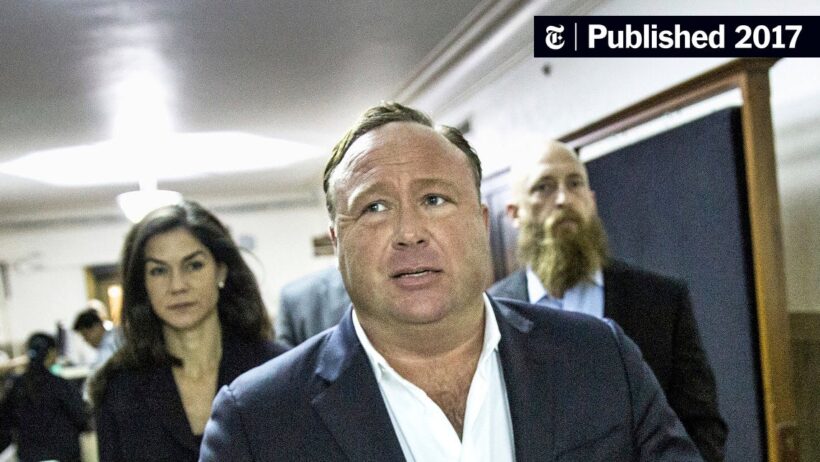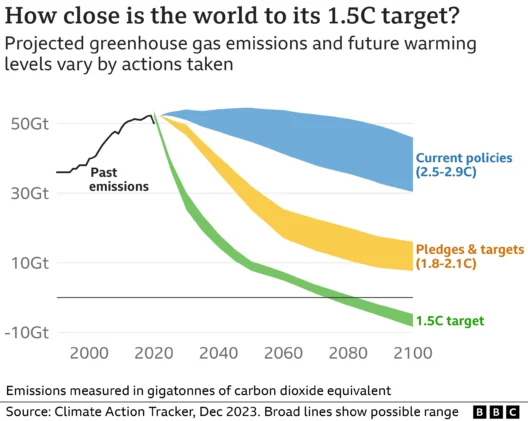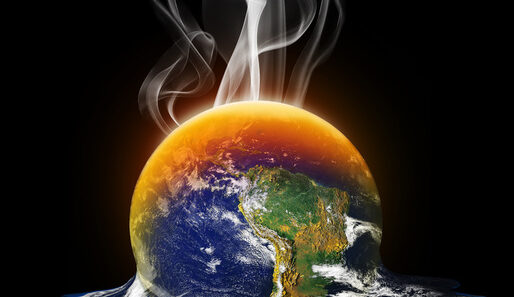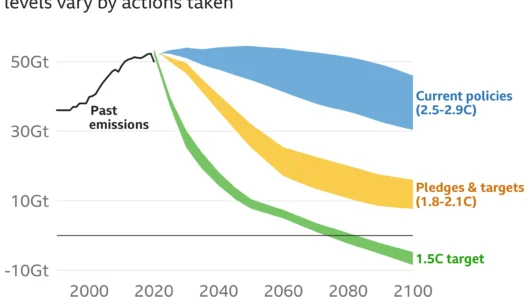In recent years, the discourse surrounding climate change has become increasingly polarized, prompting various public figures to voice their opinions on the matter. One individual who has perpetually stirred controversy is Alex Jones, a media personality known for his conspiracy theories and extreme viewpoints. This raises an intriguing question: does Alex Jones genuinely believe in global warming, or is the concept merely a convenient topic for sensationalism? Exploring this quandary not only sheds light on Jones’ stance but also challenges the broader narrative surrounding climate change skepticism.
To embark on this investigation, it is essential to first delineate what global warming entails. Essentially, global warming refers to the long-term increase in Earth’s average surface temperature due to human activities, predominantly the combustion of fossil fuels which releases greenhouse gases like carbon dioxide into the atmosphere. The scientific consensus, backed by extensive research, indicates that global warming is a pressing environmental issue that necessitates immediate action.
However, Alex Jones has a well-documented history of espousing controversial views that often align with skepticism about established science, including climate science. He has frequently dismissed mainstream climate change narratives, labeling them as hoaxes or tools of a broader political agenda. This skepticism challenges established facts and appears to resonate with certain segments of the populace who may feel disillusioned by conventional authorities, including scientists and governments.
Nevertheless, within this skepticism lies the question: Is it possible that Jones does, in fact, acknowledge the realities of global warming while his rhetoric suggests otherwise? Delving into Jones’ varied statements about environmental issues reveals a complex relationship with the climate change narrative.
For instance, he has at times made remarks that hint at an understanding of environmental degradation, albeit couched in alarmist language. He discusses the potential consequences of pollution and the deterioration of natural ecosystems, which suggests he is not wholly ignorant of environmental concerns. However, these discussions often serve to fuel his broader conspiratorial narratives, rather than constitute a genuine endorsement of climate action.
The tension between recognizing climate change and resisting the mainstream scientific consensus poses an intriguing challenge within the public dialogue. How can one simultaneously critique environmental policies while also acknowledging the necessity for sustainable practices? Jones’ approach illustrates a paradox inherent in climate change discourse: the conflation of legitimate environmental concerns with anti-establishment sentiments.
Another layer to this conundrum is the effect of Jones’ media platform. He has a substantial following, and his assertions frequently reach an audience that may be susceptible to misinformation. Given the urgency of climate action, the ramifications of perpetuating skepticism can be profound. If prominent figures like Jones undermine faith in scientific findings, they may inadvertently hinder efforts to address global warming comprehensively.
Furthermore, the potential profits behind Jones’ rhetoric cannot be overlooked. His brand and financial success are at least partially predicated on sensationalism. The more outrageous his claims, the more attention he garners. This situation leads to a critical point in evaluating whether Jones’ claims about climate change stem from a position of rational skepticism or if they are merely exploitative. The interplay between profit, ideology, and information dissemination creates a murky environment where facts are often obscured.
In light of these complexities, it becomes essential to critically assess how influential figures shape public perceptions of global warming. The challenge lies in fostering a conversation about climate change that transcends partisan divisions and encourages collaborative problem-solving. This endeavor necessitates addressing not only what is said but the context in which it is said.
Moreover, one must consider the broader implications of climate change denialism. The consensus around the urgency of global warming isn’t just a scientific concern—it’s a humanitarian one. Rising sea levels, extreme weather events, and habitat loss affect millions worldwide. Therefore, perpetually entertaining claims stemming from figures like Jones without critical examination can lead to detrimental inaction.
Furthermore, the reality is that skepticism towards global warming can detract from essential discussions about mitigation and adaptation strategies. Individuals who harangue against the validity of climate science may unwittingly discourage discourse about available solutions, such as renewable energy adoption and policies aimed at reducing carbon footprints.
Therefore, the potential challenge to consider is how society can transform skepticism into constructive dialogue. Rather than engaging in confrontational debates, a more effective approach may involve inviting skeptics into the conversation, addressing their concerns with empathy while presenting empirical evidence. This strategy could mitigate divisions and foster a more inclusive environmental movement.
As this intricate tapestry of views unfolds, the question remains: Does Alex Jones believe in global warming? The answer may not rest in a simple affirmation or denial. Instead, it may lie in recognizing that his stance reflects broader societal tensions surrounding truth, authority, and environmental responsibility. As we grapple with the realities of climate change, it is imperative that we cultivate an open dialogue that transcends individual ideologies, ultimately steering us toward collective action. Only then can we hope to address the pressing challenges that global warming presents to humanity.








